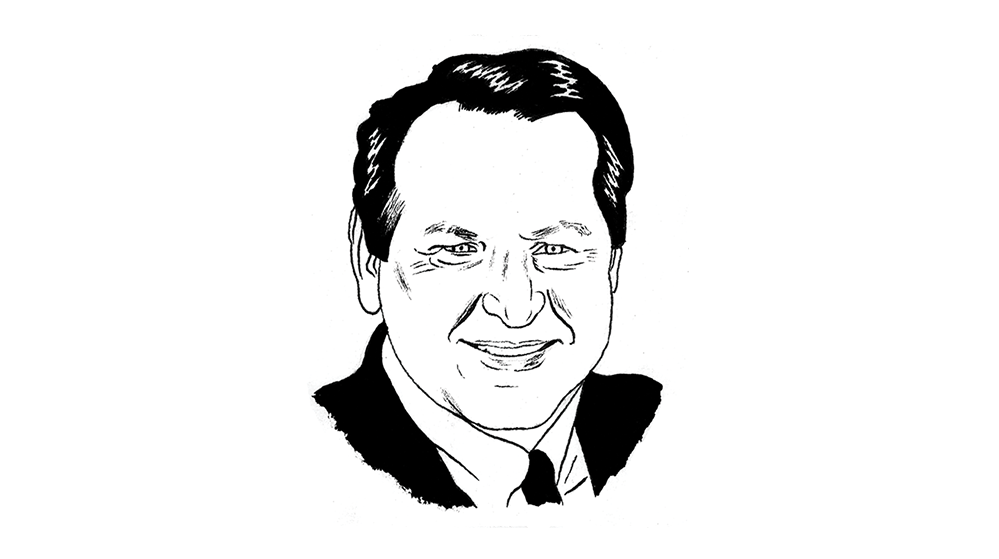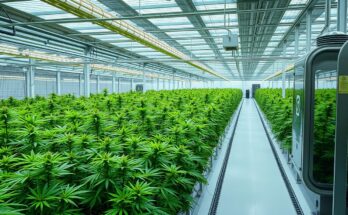
Imagine driving down the interstate past an 80,000-pound tractor-trailer. Its driver’s hands aren’t touching the wheel.
Tech companies envision—and are investing in—a future in which thousands of such vehicles would navigate our roadways (see “10 Breakthrough Technologies: Self-Driving Trucks”). Most people don’t welcome this scenario, nor should they. A 2016 study conducted by researchers at the University of Michigan Transportation Research Institute found that 95 percent of U.S. motorists had concerns about sharing the road with autonomous trucks and trailers. Safety was the major worry.
Skilled, experienced drivers play a huge role in ensuring the safe operation of heavy vehicles. The value of a human in that truck won’t go away no matter what technology is developed.
Those who advocate for self-driving cars often cite the fact that human error is largely responsible for most traffic deaths. But that doesn’t mean self-driving cars and trucks will be able to avoid those errors. An automated vehicle in Pittsburgh recently drove the wrong way up a one-way road. Last year in Florida a man using Tesla’s Autopilot feature was killed when the system failed to recognize a tractor-trailer in front of the car. These are not doomsday scenarios; these are legitimate concerns.
There are other worries: with cybersecurity breaches now a frequent topic in the news, what happens when not just one but a “platoon” of trucks is hacked? The risks to the public only increase as more vehicle systems are controlled by computer. Don’t forget that some of those trucks carry thousands of pounds of hazardous materials every day.
We don’t yet have any federal regulations regarding automated vehicles. The government has issued guidelines for testing them, but they’re voluntary guidelines for manufacturers, not regulations. A number of states allow testing for automated vehicles, but they all employ different standards.
Self-driving cars and trucks are an experiment. But our highways shouldn’t be experimental grounds where public safety is put at risk. Yes, we should strive to innovate and make progress, but we also need to ensure that changes are indeed advancements for the betterment of our society—including the driving public and our nation’s workers.
Anything man-made can fail. If that failure occurred in a heavy vehicle driving next to you, wouldn’t you want a driver behind the wheel?
James P. Hoffa is the general president of the International Brotherhood of Teamsters.





